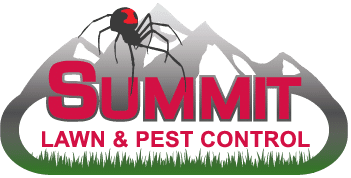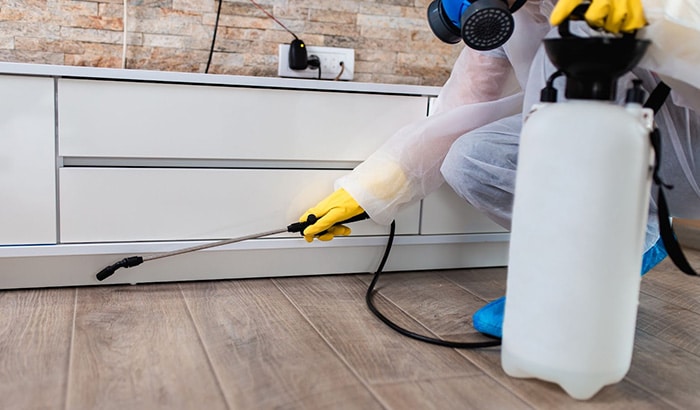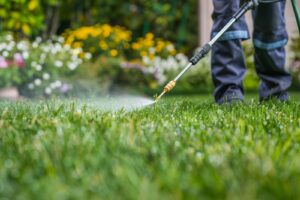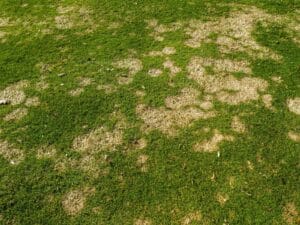Imagine coming home after a long day to find uninvited guests scurrying across your kitchen floor or nesting in the corners of your garage. In Utah, where the climate brings diverse pests ranging from ants to rodents, securing your home against these intruders is not only wise — it’s essential.
This article will arm you with 17 powerful strategies to fortify your home and create a barrier that keeps pests, like spiders, firmly out in the wild, where they belong. These strategies are especially crucial during black widow season.
From sealing up tiny cracks to managing your outdoor space efficiently, we’ll guide you through the most effective ways to maintain a clean, healthy, and pest-free environment. Get ready to take control and protect your space with confidence!
1 – Seal up entry points
One of the primary ways pests infiltrate your property is through small cracks and openings. Conduct a thorough inspection of your premises and identify any potential entry points.
Common areas to check include doors, windows, vents, and utility openings. Use caulk, weatherstripping, or mesh screens to seal off these gaps. Eliminating access points dramatically reduces the chances of pests finding their way indoors.
2 – Maintain cleanliness and hygiene
Pests gravitate towards food sources and unclean environments. To discourage infestations, maintain cleanliness and tidiness in your living or working spaces. Regularly clean countertops, floors, and other surfaces to eliminate crumbs and spills that attract pests.
Additionally, food should be stored in airtight containers to prevent pests from accessing it. Dispose of garbage properly and promptly, using tightly sealed bins.
3 – Trim vegetation and remove debris
Your outdoor space may attract pests if it is unkempt. Trim back branches and shrubs that touch or hang over your home or building, as this provides pests with a pathway to enter.
Remove any fallen leaves, woodpiles, or other debris that may provide hiding places for pests. Maintaining a clean and well-managed yard reduces the likelihood of pest infestations any time of the year.
4 – Properly store firewood
If you use firewood for heating or recreational purposes, it is crucial to store it correctly. Pests, such as termites and ants, are often attracted to firewood piles. Stack firewood away from your home or building, preferably elevated off the ground.
This helps to prevent pests from using the firewood stack as a breeding ground and subsequently migrating indoors.
5 – Regularly inspect and clean drains
Clogged or dirty drains become a haven for pests like cockroaches and flies. Routinely inspect drains and ensure they are clear of debris and grime. Drain covers or screens should be used to prevent pests from entering through the drains. Regularly clean and disinfect drains to eliminate potential breeding grounds for pests.
6 – Install screens and door sweeps
Screens and door sweeps are essential barriers against pests, especially flying insects. Install screens on all windows and doors to prevent pests from entering your property while enjoying fresh air. Additionally, door sweeps, placed at the bottom of exterior doors, block any gaps that pests could use to gain entry.
7 – Address moisture issues
Many pests are attracted to moist and damp environments. Inspect your property for moisture issues, such as leaks, standing water, or excessive humidity. Fix leaks promptly and ensure proper ventilation in areas prone to moisture buildup, such as bathrooms and basements. By controlling moisture, you eliminate a major factor that attracts pests.
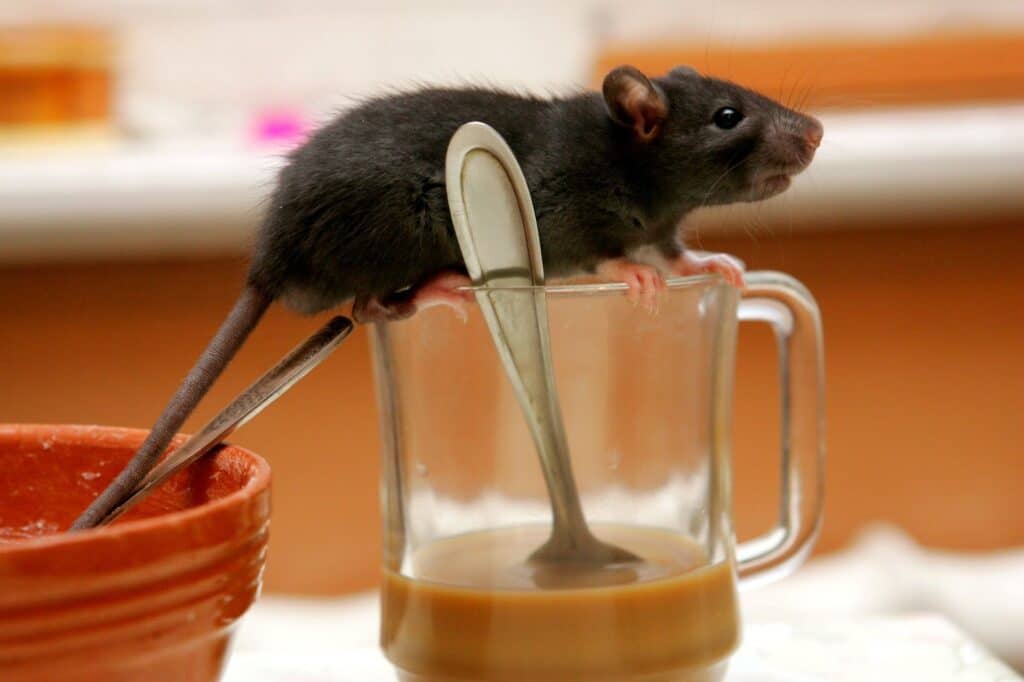
8 – Seek professional pest control services
Despite your best efforts, pests may still find their way into your property. In such cases, seeking professional pest control services is essential. Professional exterminators have the expertise and resources to effectively identify and eliminate pest infestations. Regular inspections and treatments help prevent pests from establishing themselves in the first place.
9 – Store food properly
One of the biggest attractions for pests is food. To prevent pest infestations, it is crucial to store food properly. Keep all food items in sealed containers to prevent pests from accessing them.
This applies to both pantry staples and pet food. Make sure to clean up any spills or crumbs promptly and thoroughly. You deter pests from entering your property by eliminating access to food sources.
10 – Maintain a clean outdoor environment
A well-maintained outdoor environment is essential in preventing pest infestations. Keep your lawn and garden tidy by regularly mowing the grass, trimming shrubs, and removing debris or clutter.
Pests are less likely to thrive in an environment that is clean and well-maintained. Additionally, be mindful of any stagnant water sources, such as bird baths or clogged gutters, as they attract mosquitoes and other pests.
11 – Practice proper waste management
Proper waste management is crucial in preventing pest infestations, especially for rodents and insects like flies. Make sure to dispose of garbage in sealed bins and regularly empty them. Keep trash cans clean and free from food waste. If you have a compost pile, follow proper guidelines and avoid putting
any meat or dairy products in it, as they can attract pests. By practicing good waste management, you eliminate potential food sources for pests and reduce the risk of infestation.
12 – Seal entry points
Pests will enter your property through small cracks and gaps in windows, doors, and walls. It is important to seal these entry points to prevent them from gaining access to your home.
Inspect your property for gaps or openings and seal them with caulk or weatherstripping. Pay extra attention to areas where pipes, cables, or wires enter your home, as these are common entry points for pests.
13 – Remove clutter
Pests are attracted to clutter, as it provides them with hiding places and nesting sites. To prevent infestations, make sure to declutter both indoor and outdoor areas.
Remove piles of newspapers, cardboard boxes, and other unnecessary items that can serve as hiding spots for pests. Keep storage areas clean and organized, and regularly inspect items for signs of pests, such as chewed wires or droppings.
14 – Trim vegetation away from the structure
Trees, shrubs, and overgrown vegetation provide pests with easy access to your property. To prevent infestations, trim vegetation away from the
structure of your home or building. Pests like ants, spiders, and rodents use branches or foliage as a pathway into your property. This is especially critical during black widow season. Regularly trim back any branches touching or hanging over your roof or walls.
This will not only prevent pests from using them as a bridge, but it will also help maintain the integrity of your structure by reducing the risk of damage from falling branches during storms.
15 – Store firewood properly
If you use firewood for heating or cooking, store it properly to prevent pests from making it their home. Keep firewood at least 20 feet from your home and elevate it on a rack or pallet.
This helps prevent pests from easily accessing it and allows air to circulate, reducing the risk of pests such as termites or ants burrowing into the woodpile. Inspect firewood before bringing it inside to ensure no pests, such as spiders, are hiding within —vital during black widow season.
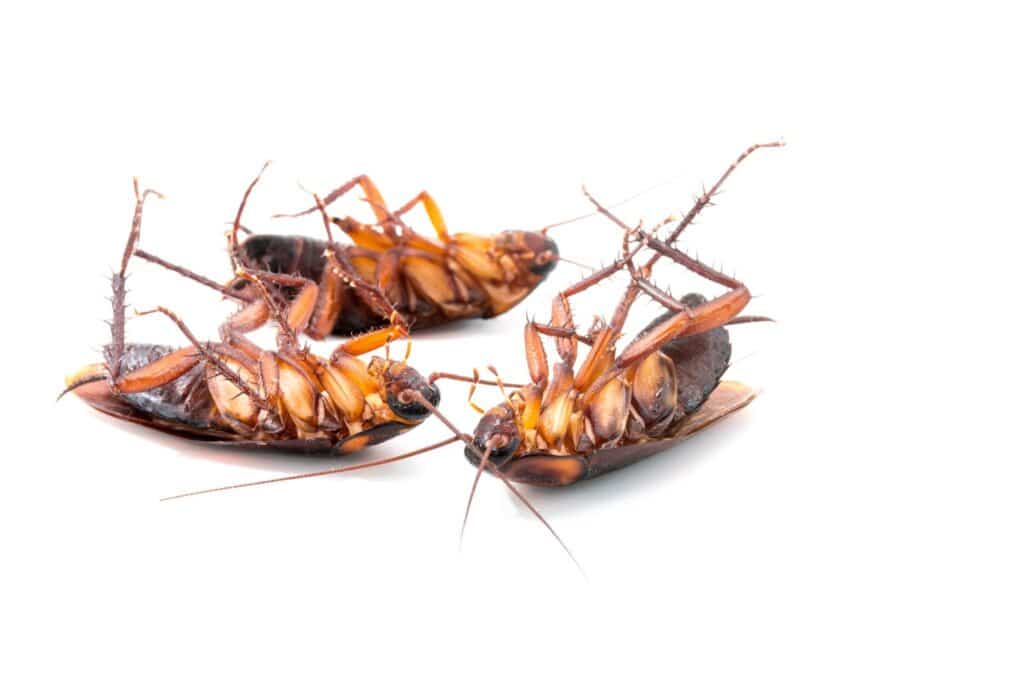
16 – Maintain proper drainage
Poor drainage creates moisture problems, attracting pests like mosquitoes and cockroaches. Check your property for standing water or poor drainage areas and address them promptly.
Regularly clean your gutters to prevent water buildup and direct downspouts away from your home’s foundation. Trim back any plants or shrubs that are obstructing the flow of water away from the property. Installing drains or French drains in areas prone to pooling water may also be an effective solution.
17 – Seal cracks and openings
Pests will quickly enter your home through small cracks and openings. Inspect the exterior of your home and seal any gaps or cracks using caulk or weatherstripping. Pay particular attention to areas where pipes, cables, or wires enter your home, as these can be common entry points for pests. This will help prevent pests from accessing your home and creating an infestation.
A quick recap on keeping your home a pest-free zone
Preventing pest infestations in Utah requires a proactive approach. By sealing entry points, maintaining cleanliness, and addressing outdoor and indoor factors that attract pests, you greatly reduce the risk of infestation.
Regular inspections, proper storage practices, and professional pest control services are vital in maintaining a pest-free environment. With these effective preventative measures, you will enjoy a home or business free from the burdens of pest infestations.
Summit Lawn & Pest Control Is Ready To Help You Prevent Pests From Invading Your Home
At Summit Lawn & Pest Control, we understand the challenges of keeping pests at bay in Utah. Every season brings a chance to fortify your home against invaders like insects and rodents. Our team dedicates itself to providing effective and affordable lawn care and pest control solutions. This ensures you can relax in a home and yard free from pests.
Contact Summit Lawn & Pest Control to discover more and schedule your free inspection! We serve many cities in Utah County, including Lehi, American Fork, Provo, Eagle Mountain, and Spanish Fork.
